AMNESTY International says the Zambian authorities should reinstate constitutional lawyer John Sangwa, State Counsel, and allow him to resume law practice.
On March 13, 2020, the Acting Chief Registrar sent a notice to judges of the Supreme Court, Constitutional Court, Court of Appeal, High Court, Registrars and Magistrates announcing that Sangwa had been banned from appearing before any court.
The Judiciary made a complaint to the Law Association of Zambia (LAZ) on Sangwa’s alleged professional misconduct after he criticised the Constitutional Court judges and the constitution amendment process.
However, before the matter was heard, the Judiciary announced Sangwa’s banning until the matter was heard by LAZ, thus becoming the complainant and judge in same the matter.
In a joint statement with the SADC Lawyer’s Association and the Southern African Litigation Centre, Amnesty International stated that the Judiciary’s decision to ban Sangwa from appearing before any court was deeply troubling and designed to intimidate other lawyers from speaking their minds.
“The Zambian authorities must immediately and unconditionally reinstate lawyer, John Sangwa, and allow him to practice in his profession. The banning of John Sangwa is deeply troubling and it is designed to intimidate him and other lawyers from speaking their minds, challenging the Judiciary and defending human rights and the rule of law. The banning of Sangwa was announced by the Judiciary’s Acting Chief Registrar and follows Sangwa’s criticism of the Constitutional Amendment Bill 10, which is currently ongoing and seen to be designed to give the President more powers. He accused the government of reversing the gains made by the 2016 Constitution by giving the President unfettered powers, which were removed when a new Constitution was voted for by Zambians in 2016,” the statement read.
“He also accused Constitutional Court judges of failing the nation by refusing to allow a petition to challenge Constitutional Amendment Bill 10. Sangwa has been a strong critic of the proposed constitutional amendment, especially Bill Number 10. The Judiciary responded to his remarks by banning him from appearing in any court in Zambia following what they said was ‘a complaint of professional misconduct made by the Judiciary to the Law Association of Zambia’.”
The statement indicated that lawyers are also entitled to freedom of expression, which Sangwa was exercising.
“According to the UN Basic Principles on the Role of Lawyers, ‘lawyers, like other citizens, are entitled to freedom of expression, belief, association and assembly. In particular, they shall have the right to take part in public discussion of matters concerning the law, the administration of justice and the promotion and protection of human rights.’ His banning is also flawed as it did not allow him his rights to a fair hearing and to presumption of innocence,” stated Amnesty International.




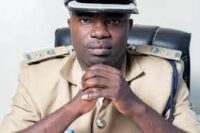


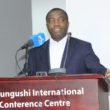

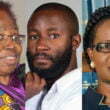
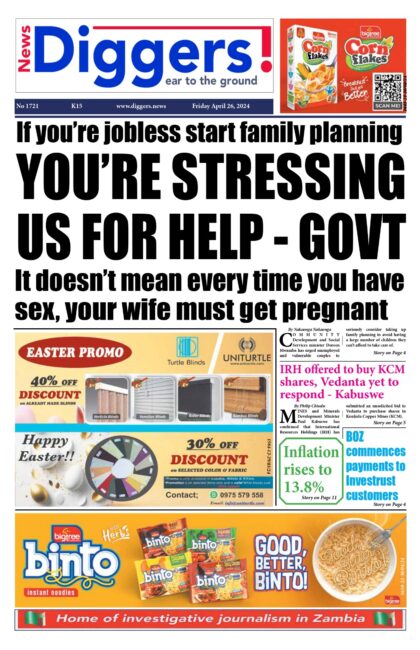
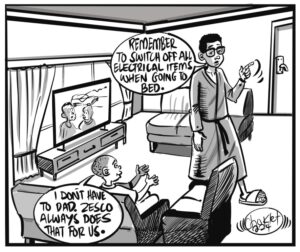

One Response
Robots sitting in judgment? Not yet but perhaps that is the justice of the future. In George Orwell’s Animal Farm, the futility of human existence is well dramatized. Jesus was also persecuted. Is it David and Goliath or not? The argument that judges are also human beings is neither here nor there. If that were the case, then even the constitutional lawyer was the human being who had just blundered. Take time to apply logic consistently. Stick to the basic argument. The US senate rejected US congress impeachment because it was partisan and subjective. The phone call was not necessarily illegitimate. In Kenya, the same election outcome nullified by the courts was repeated. Even in Malawi, the same election outcome is likely to be repeated. The incumbent is generally at an advantage. It was inconsistent for a lawyer to start by disparaging judges and then appearing before the same judges without first purging the insults. It is wrong for lawyers to speak condescending about judges and judiciary. This matter was brought before LAZ by the judiciary and LAZ will consider the matter accordingly. The rule of law in the country is not to blame. The culprit is vanity. Take time to shoot yourself in the foot. Take time to publish among peers in the law journals.